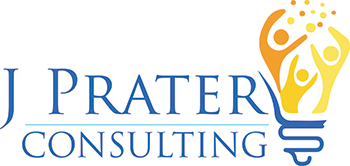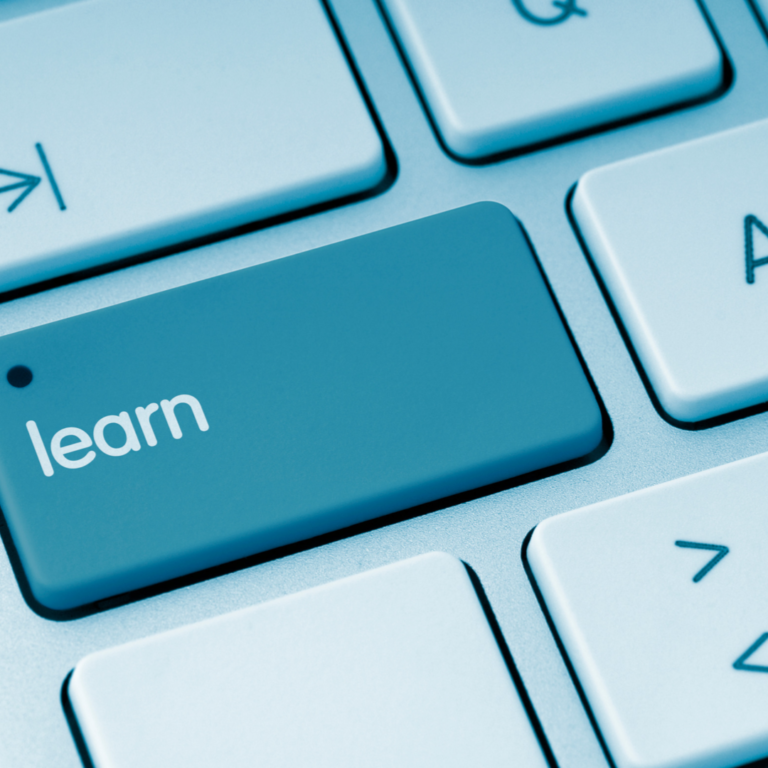Did you ever actually read the objectives in the syllabus of a college course? I know I was guilty of browsing over those 3-5 main bullet points at the top of the document. Too often, objectives are written in corporate-ese and are rarely actionable and tangible.
You need learning objectives that are not JUST a formality, rather they are the road map that points to your long term learning success. Ready to create a new learning initiatives? Here are the top questions to ask when writing your objectives.
Start with the end in mind. Before writing determining your objectives, the end state must first be considered. What is the behavior that you are aiming for? Certainly nothing is perfect, but what would be a behavior state that would make your team run efficiently? If you don’t get specific, training can become a “nice event” with no action taken (and, to be honest, a waste of resources).
Understand how much time and resources your team can dedicate. Be realistic – what time do you have? How much energy can your team dedicate to learning? We’d all like to say that learning is a top priority, but is that reasonable in the current stage or state of your business? The biggest mismatches I’ve seen in learning outcomes is when a business is overly optimistic on how much time and resources they can dedicate. It is more advantageous to be realistic than set yourself up to fail, with goals that can’t be obtained.
Consider multiple modes of delivery. You absolutely need to consider the mode of delivery when building learning objectives. The days of only a trainer standing in front of a packed classroom are gone. Blended, poly-synchronous, and self-paced options can all provide excellent methods for making learning “stick”. Your objectives must be clearly aligned with the method of learning.
“Rome wasn’t built in a day.” You need to consider what is possible. I’ve seen training programs that promise drastic behavior change in half day workshops. If it sounds too good to be true – it probably is. Before writing out objectives, get a clear picture of the end (see above) and then make sure you are being realistic on how long it will take. Behavior change is often incremental. Ensure that your plan includes sustainment.
Tired of those trainings that are “nice events’ but don’t lead to action? Want to work with a seasoned partner to develop your learning objectives? Schedule a discovery call to learn how we work with teams just like yours to design impactful learning.





